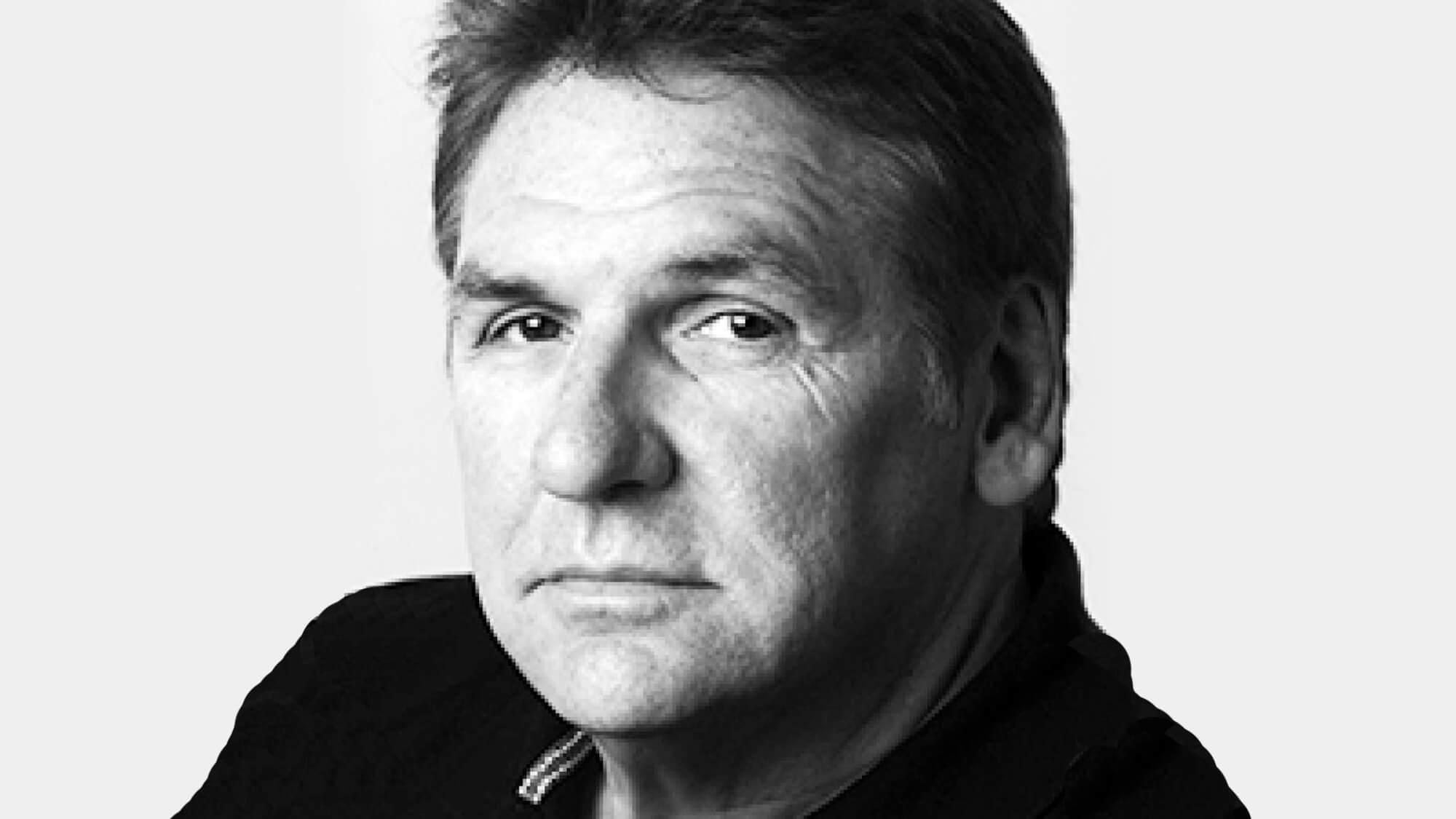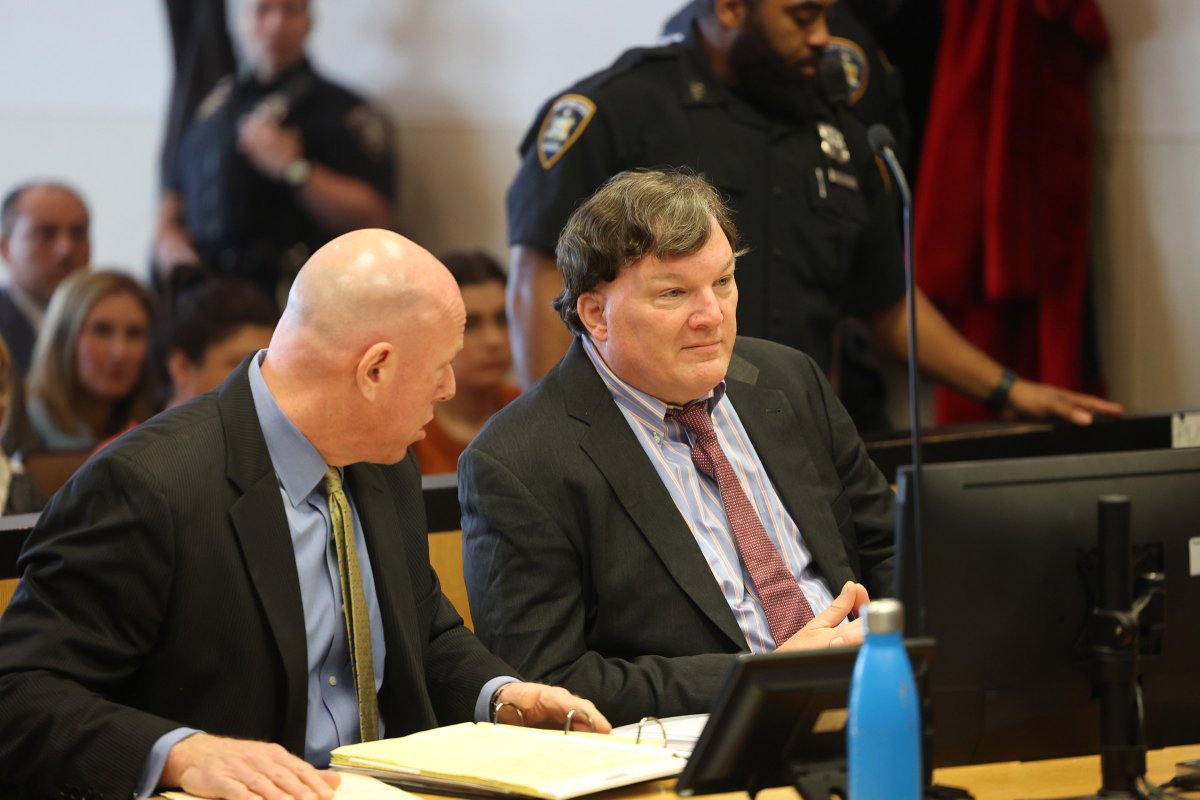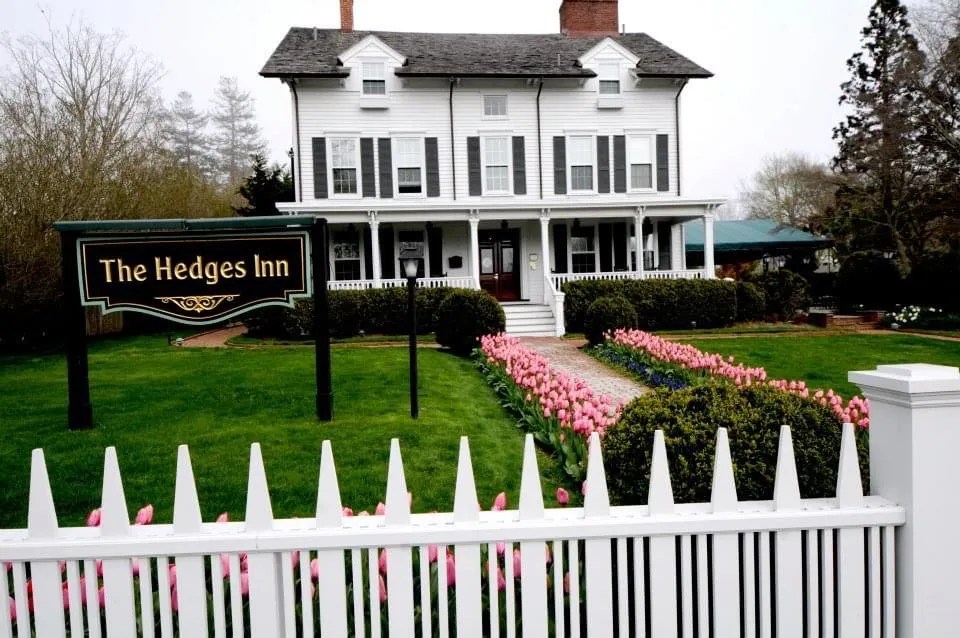“Goodbye, Daddy”: An Opioids Love Story

Her father was brain dead.
Three days earlier, after suffering for 15 years with lymphoma, addicted to his now ineffective prescribed opioids for chronic pain, “David” decided to self-medicate with street heroin.
Unbeknownst to him, the heroin was laced with an even more diabolical drug called synthetic Fentanyl. David snorted it in a friend’s house, tilting backwards in a recliner chair to ride the slow-motion white horse of heroin into the euphoric dreamland where the daily pain of cancer did not exist.
When his friend found him an hour later, David’s unfocused eyes were popped wide and his mouth bubbled with white foamy vomit.
By the time paramedics raced him to the hospital, David’s brain had gone so long without oxygen that he was declared brain dead. He was placed on a ventilator to breathe for him and hooked to IV drug drips to maintain blood pressure, a heart rate, and kidney functions.
With no brain function, the body stops secreting the vital hormones needed to perform the bodily functions necessary to maintain life. So, machines and medicines artificially prolong life in a physical, vegetative limbo between life and death.
You become, in essence, a living cadaver.
Three days later, after the neurology report confirmed that there was no brain activity, at the advice of a pediatric grievance counselor, David’s eight-year-old daughter “Dawn” was brought to the surgical Intensive Care Unit to say goodbye to her daddy.
There is no such thing as “closure,” a misused word for a period at the end of a human life.
But human beings need a chance to say goodbye, which makes them a lasting participant of a painful loss.
When Dawn glanced at her father lying there in the bed with tubes running into his mouth and arms, sunken eyes sealed like little graves, she began to weep. Softly at first, lower lip trembling, tears bulging from her starburst eyes and coursing down her smooth cheeks in rivers of grief that would follow her from this indelible moment to the end of her own life.
“Is Daddy ever going to wake up?” she whispered.
Her mother, “Frances,” wiped her daughter’s eyes with a tissue, and then her own eyes, and then she shook her head no.
Then the little girl’s weeping convulsed into uncontrollable body-wracking sobs. When her mother tried to hug her daughter, Dawn flailed her arms and shook her head and backed away and stamped her dance-school-feet in rage and denial.
And in that gasping, short-circuiting human moment when life, loss, love, and death all swirl in a tornado of emotions that philosophers, psychologists, and poets spend a lifetime trying to articulate, she then lunged into the open arms of her mother.
This was that cruel moment between tick and tock in childhood when you learn that part of this wonderful thing called life is this terrible thing called death.
When a kid is lucky, it is the death of a pet or a distant relative.
When a kid is unlucky, it is the death of a parent.
“I want my Daddy back,” she wailed between sobs. “I need him. I really need him. I want him to wake up. I want him to come home. Please, God, I love him . . .”
And then two days before Mother’s Day, mother and daughter cried together as Frances told Dawn that they would need each other more now than ever.
A kind doctor came in and told Dawn a fib that she needed to hear. He said that her father had been in terrible pain and so he needed medicine to make the pain go away. He said that before her daddy fell asleep all he talked about was his beautiful little daughter Dawn and how he didn’t want her to see him in pain any more.
“The last thing he said before he closed his eyes was to please tell you that he loved you,” the doctor said.
Dawn nodded, finding comfort in these words, and then the child asked all the adults to step outside because she wanted to talk to her daddy alone.
The adults stepped on the other side of the hospital curtain as Dawn took her father’s large hand in her small one. Her mother, grandfather, and aunt could hear her say, “Daddy I want you to know I love you too. I also want to say I’m sorry for those times when you got mad at me for doing bad things. You were one of the best things that ever happened to me. I’m really gonna miss you so much, Daddy. Goodbye, Daddy.”
The adults on the other side of the curtain dissolved into tears, but when Dawn parted the curtain, the little girl was now oddly calm and composed, comforted that her father loved her to his last waking moment.
Then, her aunt and maternal grandmother took Dawn home.
And after three agonizing days on a respirator and blood pressure medications, David’s distraught wife Frances, who was his medical proxy, signed the necessary hospital papers with a trembling hand to end her 44-year-old husband’s life.
It could have been written in tears spilled from the eyes of millions of American families touched by this black plague of opioids.
Then, the doctor and a nurse came in, and David’s meds were disconnected. And as David’s heart rate and blood pressure ticked down on the monitor, each decreasing number another rung up the ladder to eternity, Frances held David’s hand and kissed his face and whispered in his ear.
She thanked him for all the love and laughter, even for the bad and angry and crazy times, thanked him for the gourmet meals he cooked and the great barbecues he hosted, for loving her with all her many faults, for being a loving father and husband, and for being a good and kind man.
She laughed and cried in those 21 stubborn minutes it took for David to give up his ghost.
Then at 6:11 PM, with the magenta sun descending in a baby blue sky on May 11, 2018, the machine beeped the end of David’s life.
After sobbing another 10 minutes beside David’s corpse, Frances’s father led her out of the hospital room and into her dazed and scary life as a widow and a single mother of a little girl whose daddy had joined the millions of Americans who had died of in the national black plague of opiates.
Amen.



